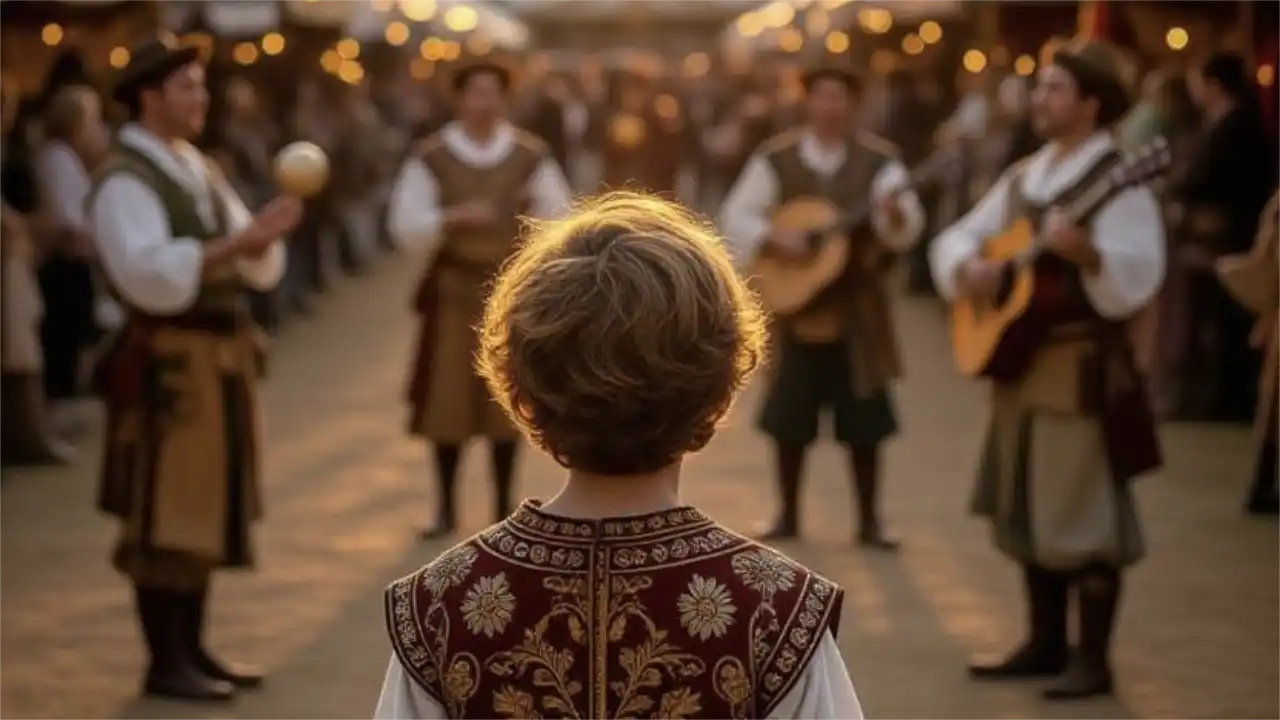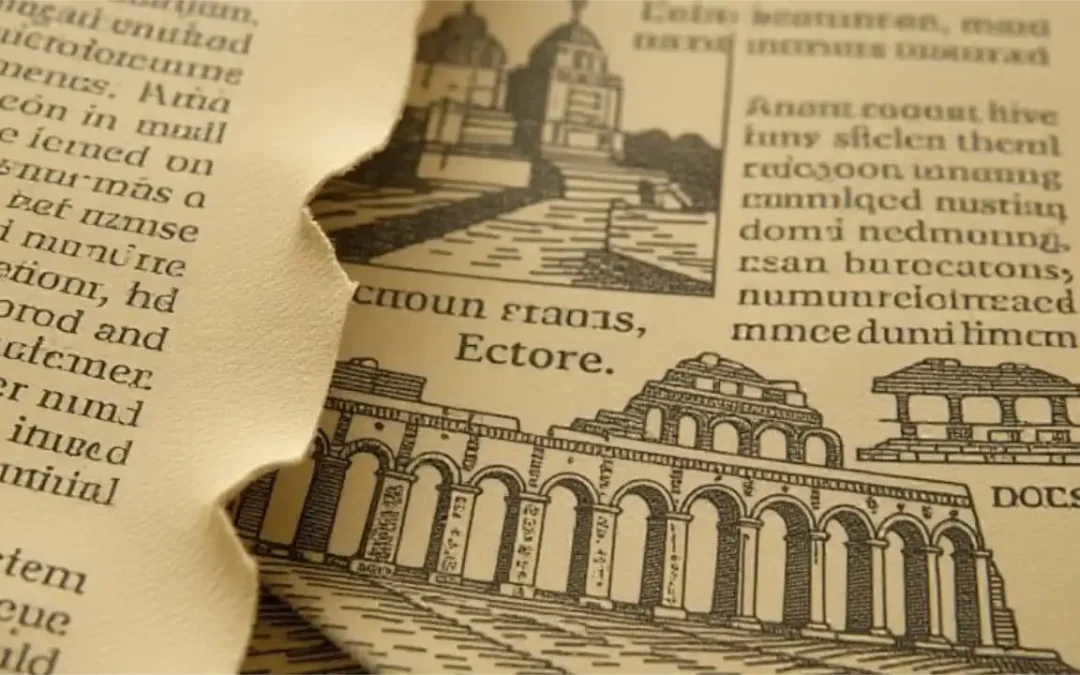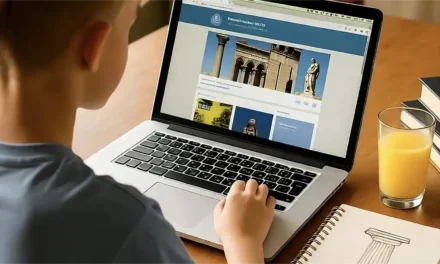
Exploring Historical and Cultural Knowledge: Join Cultural Events and Traditions
A
t a bustling Renaissance fair, my son was transfixed by jugglers and bards, their stories and costumes stirring a flood of questions: “Did people really live like this?” Events like these immerse children in the pulse of past and present traditions, letting them step into other worlds and experience different ways of life firsthand. Rather than reading about culture from afar, they feel it through sound, taste, and movement—building a lived empathy that prepares them to engage with others respectfully and openly in a diverse world.
As we wandered the fair, I shared how such events echoed medieval marketplaces, and my son pictured himself as a young blacksmith’s apprentice, forging tools with grit and care. That vision stuck with him. He later joined his school’s cultural club, drawn by a growing interest in heritage. Experiences like these spark more than momentary fascination—they help kids understand how traditions endure, adapt, and enrich lives. These connections deepen their ability to collaborate across backgrounds, think inclusively, and find common ground.
You don’t need a fair to make culture come alive. Attend a local festival, then ask your child what they noticed or felt. Explore food, music, or storytelling from unfamiliar cultures together. Let them share a tradition from their own background, and help them see how those practices link to broader histories. Small moments—like making dumplings or learning a folk dance—become touchstones, giving kids pride in diversity and a sense of belonging in a larger human story.
Exploring Historical and Cultural Knowledge

Exploring Historical and Cultural Knowledge: Unravel History’s Living Threads
History becomes meaningful when children connect past stories to real life. Help them see how events shape today’s world and their own understanding.

Exploring Historical and Cultural Knowledge: Encourage Reading Books from Different Eras and Cultures
Reading across eras and cultures expands children’s worldviews, empathy, and curiosity. Learn how to curate a diverse home library for strong thinkers.
Table of contents

Primordial Soup for the Mind: Navigation
Navigate the book Primordial Soup for the Mind.
TIPS
- Celebrate both familiar and new holidays, asking about their origins.
- Make one dish from another culture, then talk about the meaning behind it.
- Let your child share their own heritage through storytelling or recipes.
ACTIVITIES
- Cultural Recipe Night: Pick a meal from a different region, cook and discuss its story — 30 min
- Tradition Exchange: Invite a friend to share one tradition, and share one of your own — 20 min
- Festival Research: Look up a cultural festival, then role-play attending it — 15 min
EXAMPLE
My son shared a Diwali story at school after making sweets with us. He now owns his traditions proudly.

Download “Primordial Soup for the Mind: A Parent’s Guide to Nurturing Intellectual Growth”
Enter your information to get this article and hundreds more as part of the FREE book Primordial Soup for the Mind.
Share your thoughts with the Thought Academy community in the Comments section below.

Sharpen those skills!
Enter your information to get our FREE practice exercises so you can hone your critical thinking and reasoning skills!







0 Comments